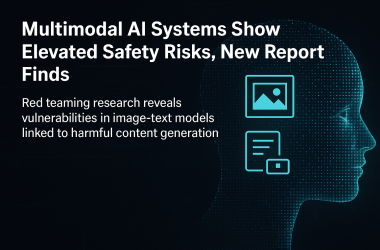New Study Reveals UK Voters Want Human MPs to Make Political Decisions as Government Expands Use of AI
In recent years, the UK government has been increasing its use of artificial intelligence (AI) in various departments. However, a new study from Brunel University of London has found that voters want to ensure that human MPs remain in charge of political decisions.
The study, published in Parliamentary Affairs, surveyed 990 people in the UK and 2,117 in Japan. Participants were asked about their views on the use of AI in Parliament, including whether it should be used to help MPs make better decisions and whether AI or robots should make decisions instead of human representatives.
The findings were clear – while voters are open to AI being used as a support tool for MPs, they are opposed to machines making political decisions. In fact, 80% of UK respondents expressed their opposition to AI or robots taking over the decision-making process from MPs. Japanese participants were slightly more open to automation, but still showed hesitation in handing over political authority to machines.
Steve Pickering, Honorary Professor at Brunel Business School and one of the researchers behind the study, emphasized the importance of maintaining human control in the political process. “Politicians may be tempted to lean on AI,” he said, “But our research shows voters draw a clear boundary. They may accept AI to sift evidence or stress-test policy, but they want transparency, accountability and above all, humans to call the shots.”
The study also found that support for AI in politics varied based on age, gender, and trust. Younger men were more open to its use, while older individuals and women were more skeptical. Trust in government and confidence in using technology were strong indicators of support, while fear was the strongest predictor of opposition. Those who expressed fear towards AI were less likely to support its use in politics.
Interestingly, the researchers found that political ideology played a role in shaping attitudes towards AI in the UK, but not in Japan. In the UK, those on the political right were more supportive of MPs using AI, while in Japan, support was consistent across the political spectrum.
Ultimately, the researchers concluded that what matters most to voters is the legitimacy of decision-making processes. They believe that voters care about how decisions are made, not just the outcomes. Therefore, it is essential for parliamentary democracy to maintain visible accountability and a clear human chain of responsibility, even as technology advances.
The full paper, titled “Democracy by algorithm? Public attitudes towards AI in parliamentary decision-making in the UK and Japan” by Dr Steve Pickering and Dr Martin Hansen of Brunel University of London and Dr Yosuke Sunahara at Kobe University, is open access and can be found at https://doi.org/10.1093/pa/gsaf050.




